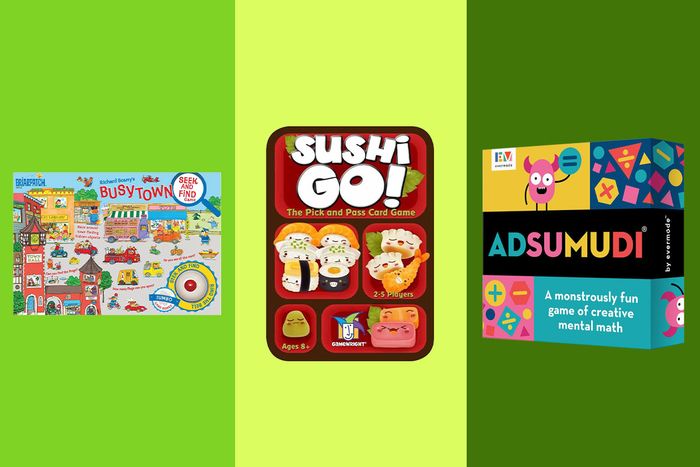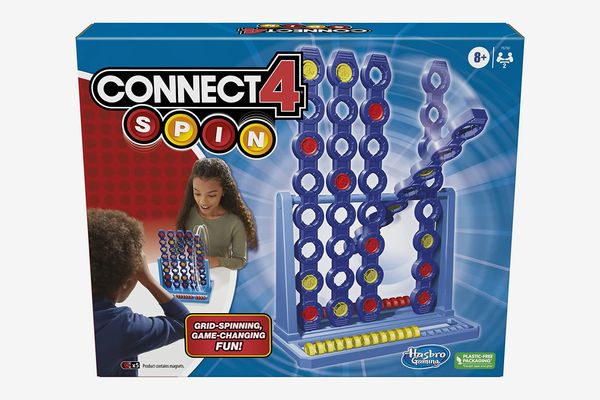Best Board Games for Kids That Boost Creativity and Critical Thinking
Best Board Games for Kids That Boost Creativity and Critical Thinking
Blog Article
Top 10 Best Board Games for Kids: Fun and Learning Combined
Board games have been a staple of family leisure, providing opportunities for cultural interaction, strategic thinking, and creativity. With countless solutions, choosing the best kids board games could be a complicated task. That manual outlines essential factors to consider when selecting the best board games to ensure equally enjoyment and developmental benefits.

Era Appropriateness
One of many first factors when selecting a board game is age the children who is likely to be playing. Board games tend to be designed with specific age groups in your mind, taking into consideration the cognitive and social abilities normal of the ages. Try to find age guidelines on the appearance or solution explanation to make sure that the game matches your child's developing stage. Games made for younger children usually function easier principles and shorter playtimes, while those for older kids might require more complex strategies and lengthier durations.
Educational Value
Many board games offer academic benefits, helping kiddies develop essential skills while having fun. When choosing a game, consider what abilities it promotes—be it critical considering, arithmetic, reading, or cultural interaction. Games that involve checking, punctuation, or technique may enhance class learning in a playful environment. Parents and educators frequently recognize activities that combination leisure with understanding, creating them a great selection for both playtime and instructional reinforcement.
Group Size and Interaction
Board games differ significantly when it comes to the number of people they accommodate. Some games were created for 2 players, while the others may involve big groups. Consider the normal playgroup size when selecting a game. If you often number gatherings or household sport days, try to find activities that could accommodate more people to encourage conversation and teamwork. Furthermore, evaluate the level of cooperation versus competition within the game. Supportive games, where participants interact toward a typical aim, may foster teamwork and interaction skills, while aggressive games can show balanced competition.
Play and Difficulty
The period of gameplay may significantly impact your family's enjoyment. Some kiddies have shorter interest spans, creating quick games more desirable, while the others might succeed in lengthier, more immersive experiences. Assess the common play suggested on the package and consider your youngsters' preferences. Complexity is another important component; younger young ones might benefit from easier principles, while older kids might appreciate the challenge of more complicated mechanics.
Subjects and Pursuits
Kids in many cases are attracted to games that align making use of their passions, whether that's fantasy, experience, or history. Selecting a game title with a concept that resonates with your child can enhance their proposal and enjoyment. Search through the game's components, graphics, and deal to ensure it catches their imagination.

Conclusion
Picking the best board games for kids involves an innovative factor of age appropriateness, academic value, group makeup, playtime, complexity, and personal interests. By keeping these factors in your mind, you can select games that not merely entertain but in addition contribute to your child's progress and foster beloved family memories. With the best board games , household sport days can become a popular convention filled with laughter and learning. Report this page